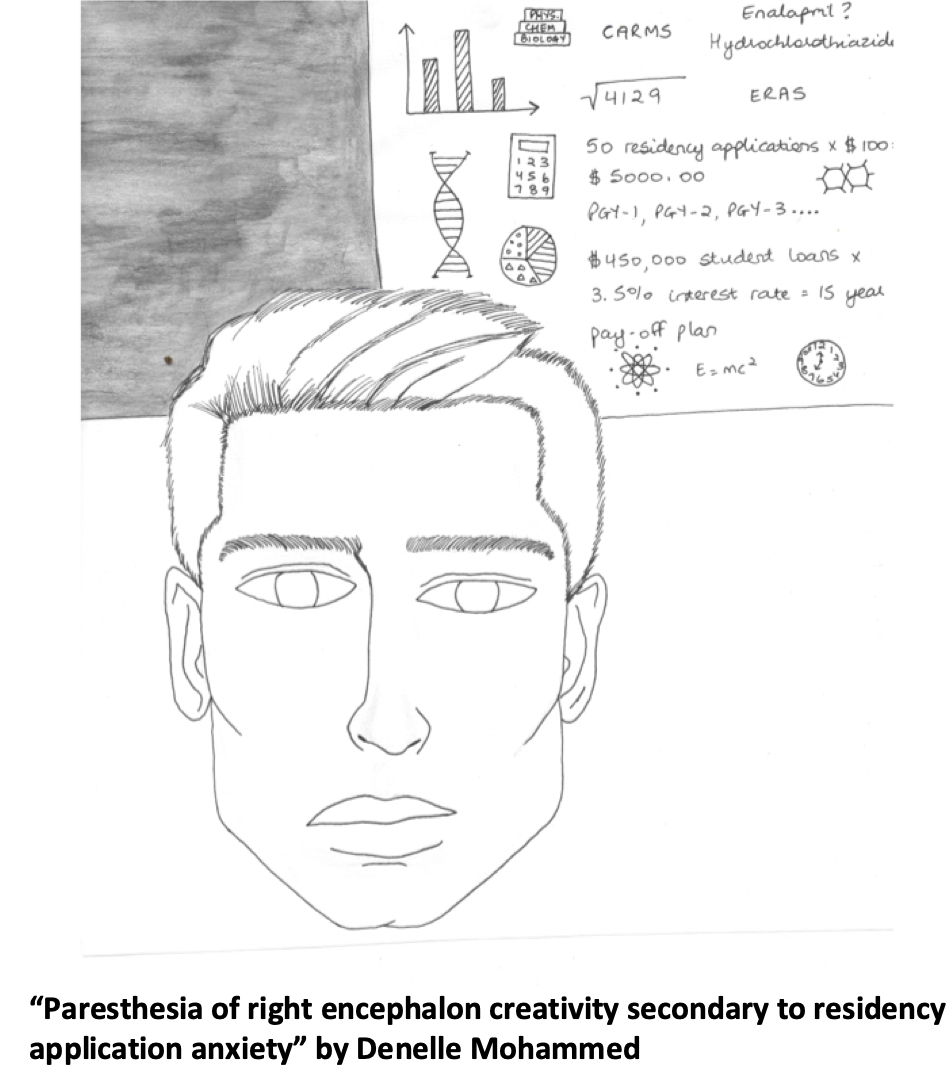Journey of candidates who were unmatched in the Canadian Residency Matching Service (CaRMS): A phenomenological study
DOI :
https://doi.org/10.36834/cmej.69318Résumé
Background: Each year, a number of medical students are unmatched in the Canadian Residency Matching Service (CaRMs) match. There is little information on the experiences of unmatched candidates. This study seeks to explore the experiences of applicants who were unmatched in the first iteration of their CaRMS applications
Methods: We interviewed 15 participants who were previously unmatched, using a semi-structured interview guide to ask them of their experiences on the following domains: the overall unmatched experience; circumstances leading to their unmatched status; resources employed; barriers experienced; recommendations; and, their eventual career outcomes. We independently identified major themes from field notes to code the data using a phenomenology approach.
Results: Our participants universally reported negative emotions, concerns regarding privacy and confidentiality breaches, and stigma faced (real or perceived). Systemic challenges included: lack of information, pressures faced from undergraduate medical education, and logistical issues such as financial challenges, licensing and scheduling issues. The utility of peer support differed for individual participants, but all those who had support from other unmatched candidates felt that to be useful.
Conclusions: Our participants reported significant challenges faced after being unmatched. Based on these experiences, we identified four major recommendations to support candidates through their unmatched journey.
Téléchargements
Publié
Numéro
Rubrique
Licence
La soumission d’un manuscrit original à la revue constitue une indication qu’il s’agit d’un travail original, qu’il n’a jamais été publié et qu’il n’est pas envisagé pour publication dans une autre revue. S’il est accepté, il sera publié en ligne et ne pourra l’être ailleurs sous la même forme, à des fins commerciales, dans quelque langue que ce soit, sans l’accord de l’éditeur.
La publication d’une recherche scientifique a pour but la diffusion de connaissances et, sous un régime sans but lucratif, ne profite financièrement ni à l’éditeur ni à l’auteur.
Les auteurs qui publient dans la Revue canadienne d’éducation médicale acceptent de publier leurs articles sous la licence Creative Commons Paternité - Pas d’utilisation commerciale, Pas de modification 4.0 Canada. Cette licence permet à quiconque de télécharger et de partager l’article à des fins non commerciales, à condition d’en attribuer le crédit aux auteurs. Pour plus de détails sur les droits que les auteurs accordent aux utilisateurs de leur travail, veuillez consulter le résumé de la licence et la licence complète.











